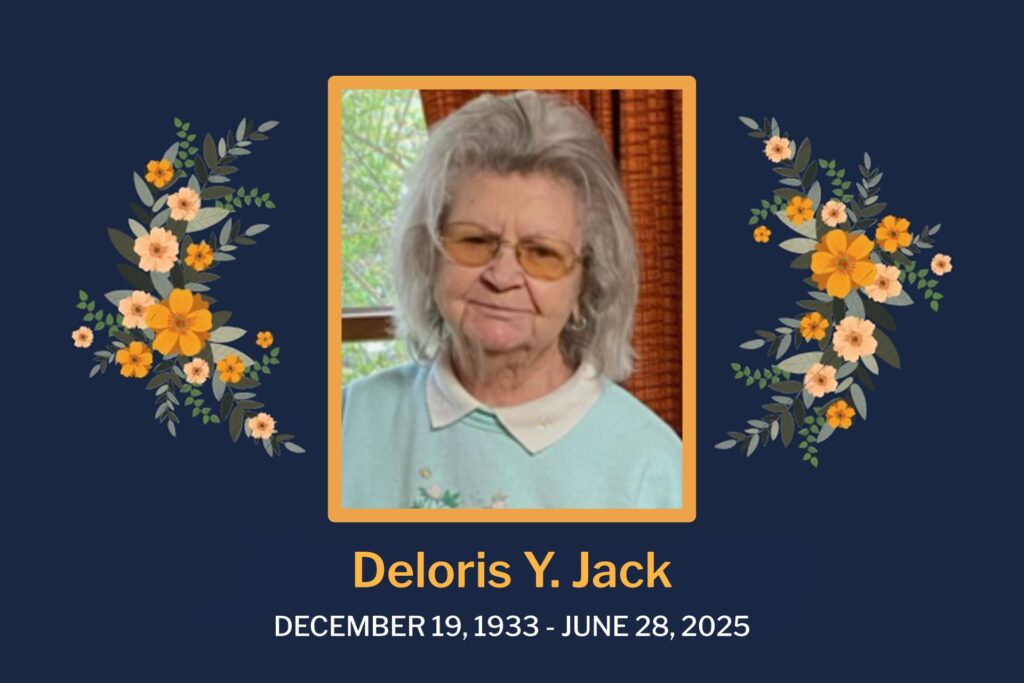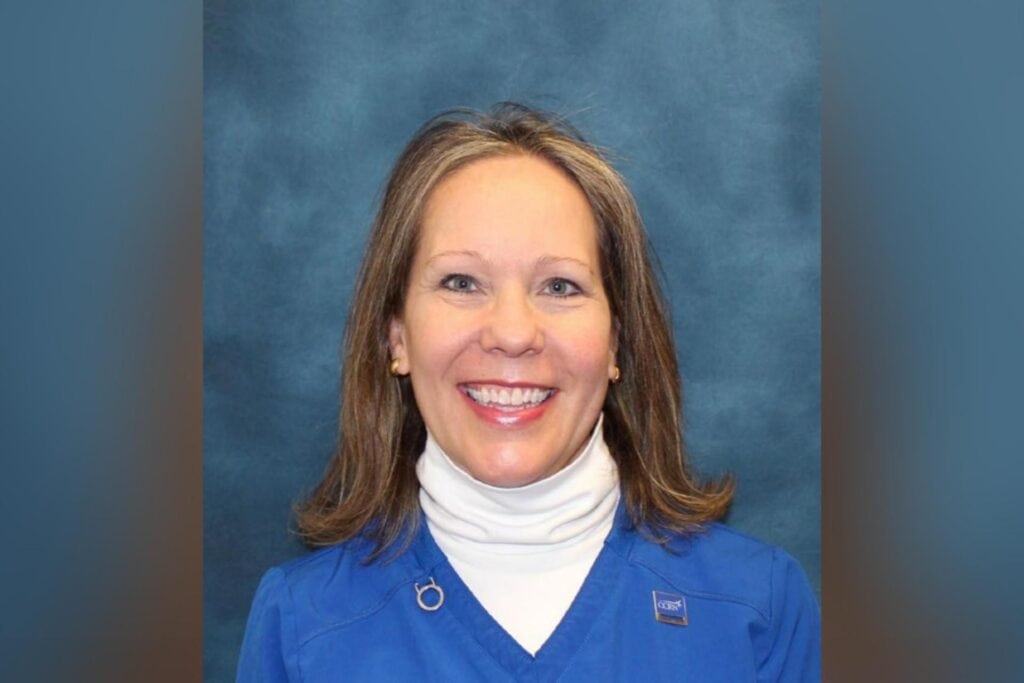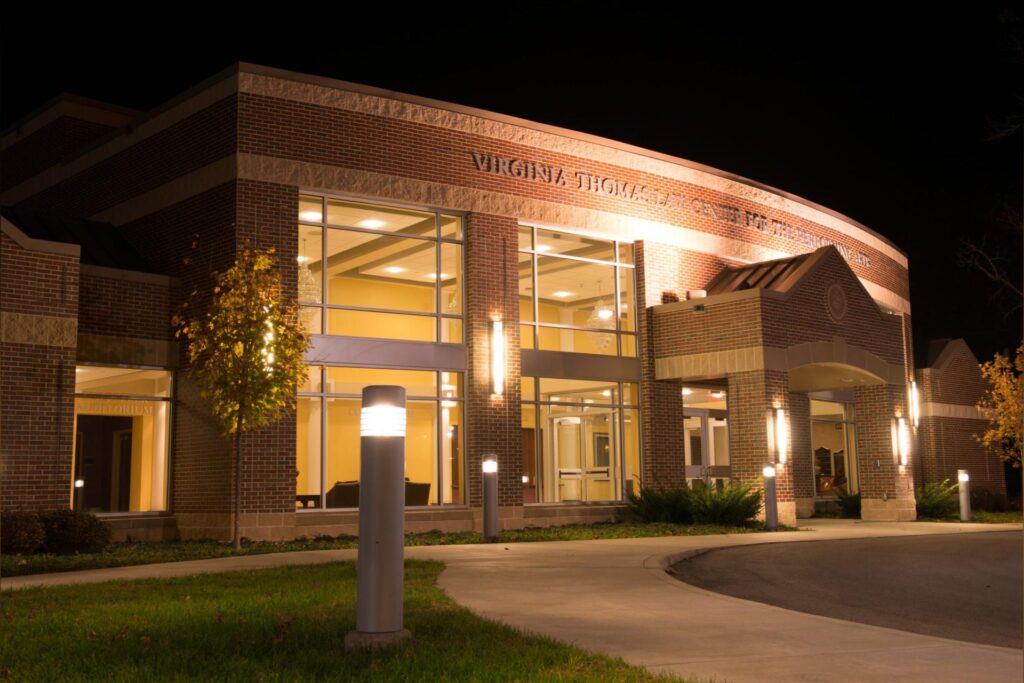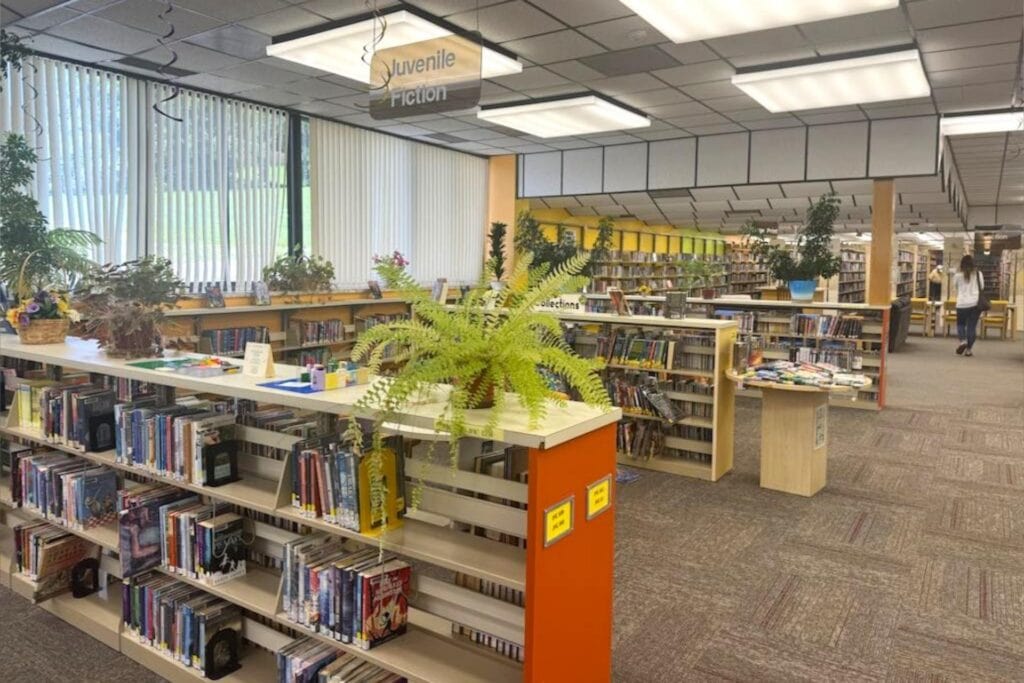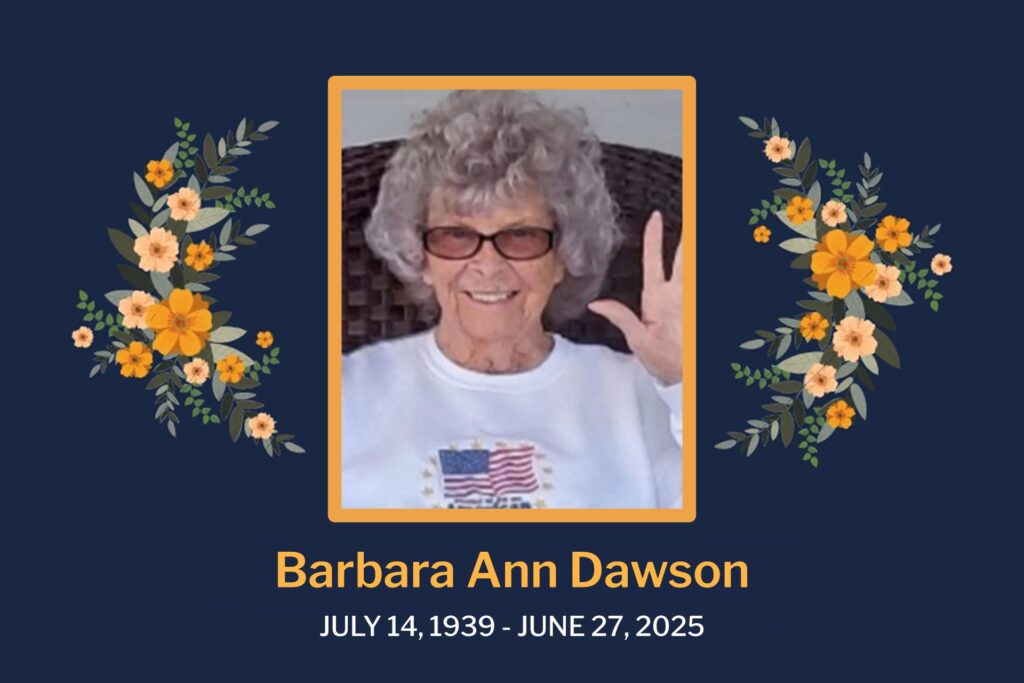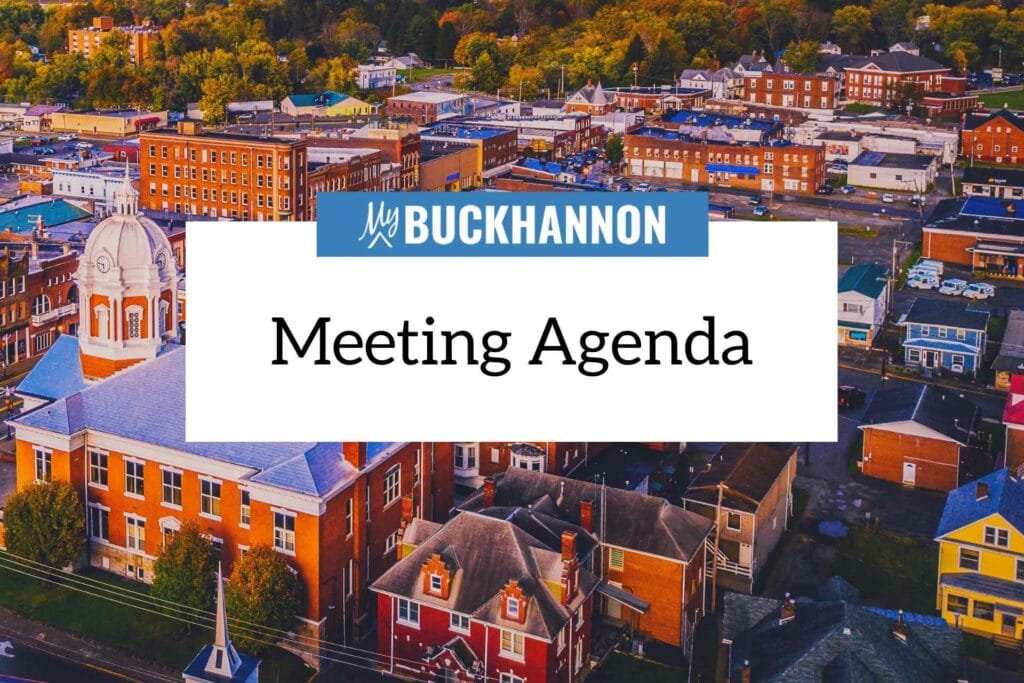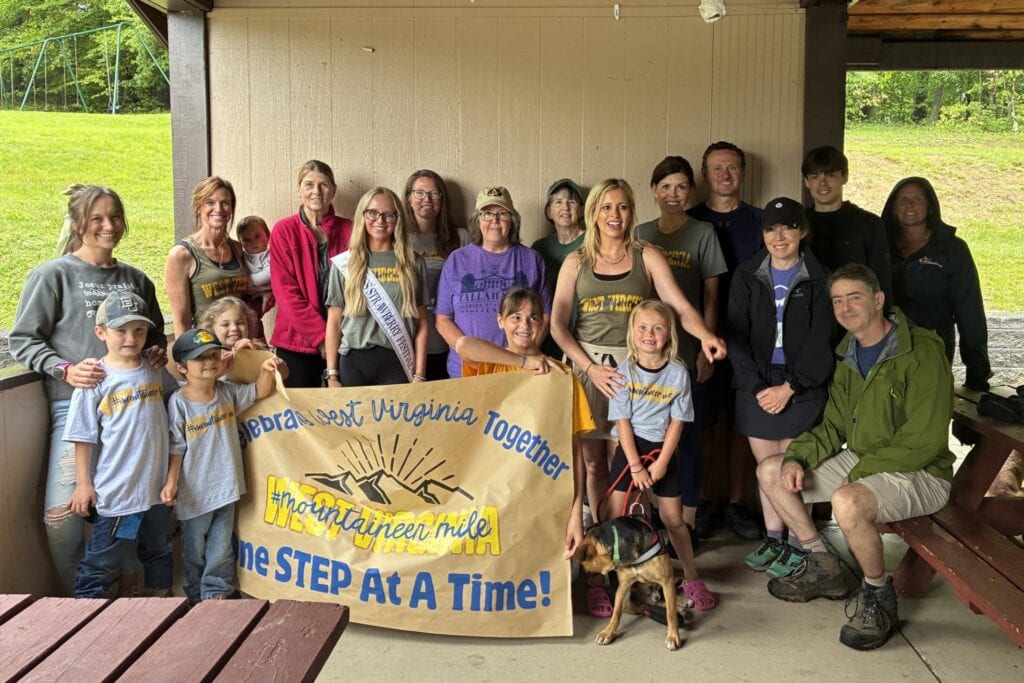BUCKHANNON — On Thursday, Oct. 7, West Virginia Wesleyan College was the only institution of higher education represented at the Greater Kanawha Valley Foundation’s (GKVF) second summit on issues of race and racism in West Virginia. According to the GKVF website, the primary goal of the summit was to “discuss race in a comprehensive, collaborative and compassionate manner.”
The first summit hosted by the foundation in 2020 featured internationally recognized scholars on race and racism in U.S. history. After the first summit’s diagnosis of the issues created by racism in the United States and in West Virginia, the second summit was designed to focus on the DEI efforts of businesses and organizations across the state. The Summit was subtitled “Awareness to Action: Focusing on Solutions” and invited speakers were asked to discuss the efforts their organizations are making to remedy racial disparities in their professional environments. Questions for the summit were solicited from registered audience members before the Summit began, and speakers were asked to respond to a selection of those questions throughout the event.
Dr. Dedriell Taylor, Chief Officer of Diversity, Equity and Inclusion at WVWC, was invited to participate in the 2021 summit. On a panel with the mayor of Charleston and a representative from the West Virginia Department of Education, Dr. Taylor spoke to the emphasis on diversity, equity, and inclusion on Wesleyan’s campus with her appointment as the first person to hold the title Chief Officer of Diversity, Equity and Inclusion.
As the only representative of an institution of higher education on either of the evening’s panels, Taylor discussed her vision for DEI at the college. She also catalogued the work that the Office of DEI has accomplished since she arrived in February 2021. Her vision of DEI work at Wesleyan is one that is student-driven. She described many demands and desires that students have to see themselves represented better in curriculum, in the classroom and across campus. Several of the efforts to work toward those goals have begun in conversations between student groups like the Black Student Union and PRISM (WVWC’s Queer-Straight Alliance) with Wesleyan’s staff and faculty.
Taylor stressed her commitment to supporting marginalized student populations on campus with resources, programming, and leadership from her office. Partnering with organizations focused on justice, such as the Center for Restorative Justice gives her hope that DEI priorities can be shared across campus and not be limited to the sole purview of the Office for Diversity, Equity and Inclusion.
The GKVF explained that “while all West Virginians are integral to moving the state forward, Black West Virginians face systemic barriers.” The goal of the summits is to contribute to addressing the barriers faced by Black West Virginians in “meaningful, sustainable and transformational” ways.
Taylor made it clear that the students are capable of identifying their own needs and driving the conversation in the direction they need it to go in order for them to have their best experiences on campus and make campus better for students who follow in their footsteps. Responding to the final question of the evening, Taylor ended the panel on an aspirational note, by expressing her hopefulness that partnering with organizations and departments across campus would ensure that racially diverse students, queer students and international students would all feel equally comfortable and supported in their academic and professional pursuits.





